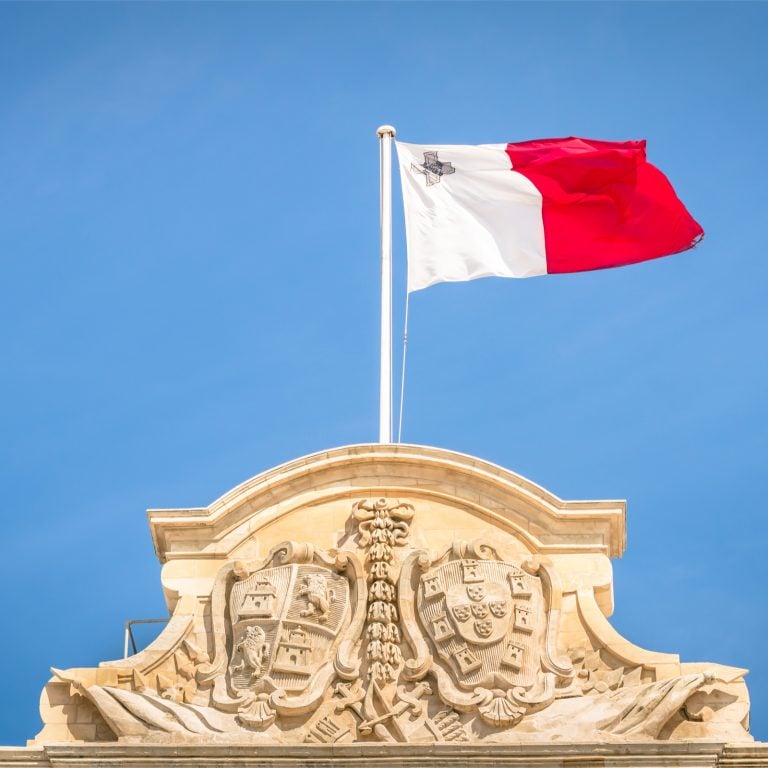2018-11-28 00:04 |
Major Banks Accused Of Market Manipulation?
JPMorgan and Citigroup will pay over $182 million in order to settle the accusations of manipulating market interest rates.
Market manipulation is nothing new, and both, banks and whales, are known for moving the prices whenever they feel the need to do so. The same is likely true for the cryptocurrency space as well. However, the latest case of market manipulation actually concerns the traditional markets.
As a result, two large banks — JPMorgan and Citigroup — ended up being sued for violating anti-monopoly laws. To settle these accusations, the two will have to pay around $182.5 million in total. The settlement, as usual, allows the banks to settle these matters without admitting guilt. The same is happening with other banks that found themselves in a similar situation.
Some examples include settlements reached by Barclays Pic, that has to pay $94 million, HSBC Holdings, which has to pay $45 million, as well as Deutsche Bank AG, with a $170 million-large settlement.
Euribor vs LiborAs for the newest lawsuit, it was launched by pension funds and an investor group, that have accused banks of collaborating in order to manipulate the Euribor benchmark. They claim that these events took place between June 2005 and March 2011. As a result, the banks were capable of manipulating the derivatives market, and make a profit while the investors ended up being damaged.
Euribor (European Interbank Offered Rate) represents the total of borrowed money in the entire European market. While the Euribor's purpose is to show the real market situation, it appears that numerous member banks can easily collaborate in order to affect the market behind the scenes.
Examples of banks trying to rig the game against borrowers are plentiful, with the most famous one being the LIBOR scandal. Many remember it well to this day, as this case was exposed 10 years ago, in 2008. Back then, it was revealed that the UK banks have been providing deliberate misstatements regarding their borrowers' costs on regular basis. The purpose of this was to shape the London Interbank Offered Rate (Libor), the GBP-denominated index similar to Euribor itself.
Libor serves as a benchmark for numerous financial products, and so manipulating the Libor rates has directly affected things such as mortgages, student loans, and more. This also included a $350 trillion-large US derivatives market.
Arguably the worst part was the discovery that such Libor manipulations were not a one-time thing. In fact, it was reported to be a common practice ever since 1991. As soon as the scandal was made public, guilty parties had billions of dollars in fines to pay, and the industry lost the ability to self-regulate. The new benchmark is, instead, always calculated with the UK regulators overseeing the process.
While similar in many ways, the Euribor incident is much smaller than the Libor scandal. However, it still shows that banks are ready, willing, and able to manipulate markets for years, as well as that they are capable of hiding such activities even from financial regulators.
origin »Bitcoin price in Telegram @btc_price_every_hour
Market.space (MASP) íà Currencies.ru
|
|































